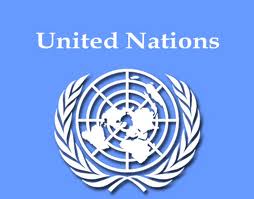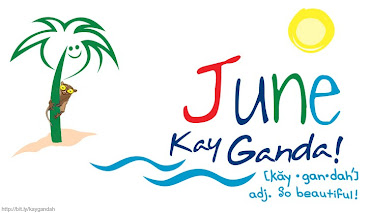Warning: Some images on this list are not work safe] Sex is one of life’s pleasures and it is practiced by most people at least once in their lifetime. This list takes a look at some more unusual facts about sex and sex related topics. Feel free to add your own interesting facts to the comments.
10 Weightloss
Fascinating Fact: Sexual acts lead to weight loss
The average human loses 26 calories when kissing for a minute. Furthermore, vigorous sex for half an hour burns 150 calories (you can lose three pounds in a year – if you have sex 7 to 8 times a month). Kissing is also very good for your teeth: the extra saliva released during the act helps to keep the mouth clean – reducing the risk of decay.
Pubic Wigs
Fascinating Fact: In Victorian times, whores wore pubic wigs
The pubic wig (merkin) has been around since the 1400s when it was originally worn by women who had shaved their pubic hair off to prevent lice. In the Victorian times it was frequently worn by prostitutes who wanted to conceal the fact that they had diseases like syphilis (Honest – we aren’t merkin’ this up). They are also used in the film industry to conceal actors genitals in nude scenes.
Condoms
Fascinating Fact: Condoms were originally made of animal intestines or linen
In Asia before the fifteenth century, some use of glans condoms (devices covering only the head of the penis) is recorded. In China, glans condoms may have been made of oiled silk paper, or of lamb intestines. In Japan, they were made of tortoise shell or animal horn (ouch). In the 16th century, condoms were often made with linen sheaths soaked in a chemical solution and allowed to dry before use. The cloths were sized to cover the glans of the penis, and were held on with a ribbon. Pictured above is an animal intestine condom from the early 1900s.
Not Tonight Josephine
Fascinating Fact: Sex cures headaches
Next time your significant other refuses your advances by claiming to have a headache, remember this fact: the sex act can help to cure a headache. Sex causes the body to release endorphins which naturally reduce the pain of a headache.
Skin Care
Fascinating Fact: Sperm is good for the skin
The proteins in sperm have a tightening effect on the skin. When sperm is left to dry, the evaporation of the water in it leaves behind protein which can help to reduce wrinkles. While this may be an excellent anti-aging treatment, the obvious downside is that you have to walk around with sperm on your face.
Pubic Hair

Fascinating Fact: Pubic hair is programmed to grow a certain amount
All hair on the body is controlled by a “growth program” which determines the growth duration (and consequently the length) of hair. Pubic hair has a shorter growth duration (on average just a few months) compared to hair on the head. This is what stops pubic hair growing to unmanageable lengths.
Blowsy Gal
Fascinating Fact: The term “blow job” comes from the Victorian times
In Victorian times, a slang term for a prostitute was “blowsy”. At the same time, “blow” was slang for ejaculation. Consequently, by the 1930s, the act of fellatio came to be known as a blow job. It was also used to describe jet planes in World War Two. In Ancient Greece, the common slang for a blow job was “playing the flute”.
Male Porn
Fascinating Fact: Men looking at male porn produce more sperm
Studies have shown that men who looked at porn of two men and one woman produced more sperm than those who looked at just women. Scientists speculate that seeing competition makes men step up their baby-making capacities.
Sex For Fun
Fascinating Fact: Humans aren’t the only creatures to have sex for fun.
Humans aren’t the only members of the animal kingdom that have sex just for fun. Dolphins and Bonobo chimps have also been observed engaging in sexual activity, when they are not in their natural reproductive cycles. With the exception of a pair of Cohan gorillas observed doing so, bonobos are the only non-human animal to have been observed engaging in all of the following sexual activities: face-to-face genital sex, tongue kissing, and oral sex. When Bonobos come upon a new food source or feeding ground, the increased excitement will usually lead to communal sexual activity, presumably decreasing tension and allowing for peaceful feeding. Interestingly, Bonobo chimps also play and experience joy like humans.
Animal Prostitution
Fascinating Fact: Some female penguins engage in prostitution
Believe it or not, in the wild, certain female penguins (even when in a committed relationship) will exchange sexual favors with strange males for the pebbles they need to build their nests. According to Dr Fiona Hunter (a zoologist): “It tends to be females targeting single males, otherwise the partner female would beat the intruder up.” On some occasions the prostitute penguins trick the males. They carry out the elaborate courtship ritual, which usually leads to mating. Having bagged their stone, they would then run off. [Source]























































